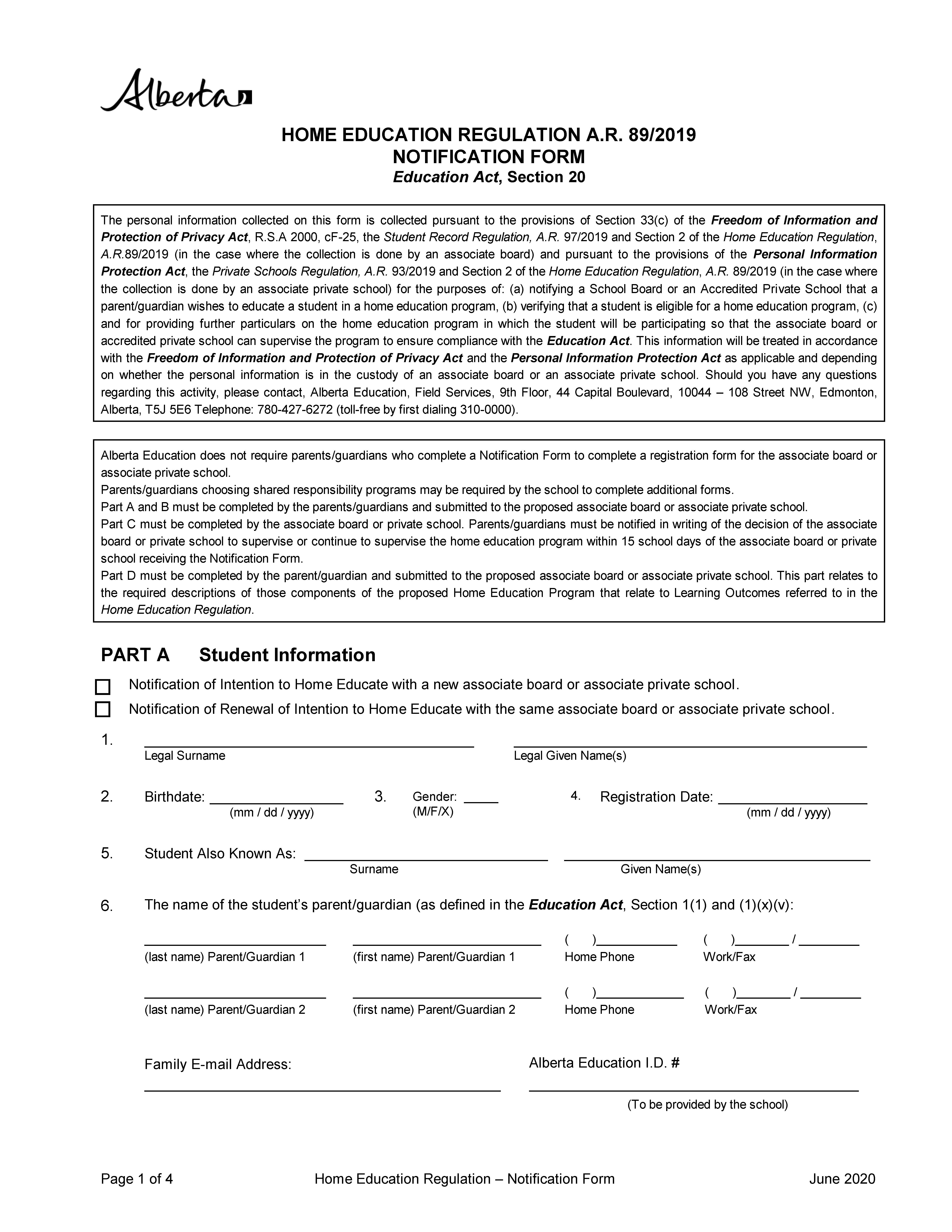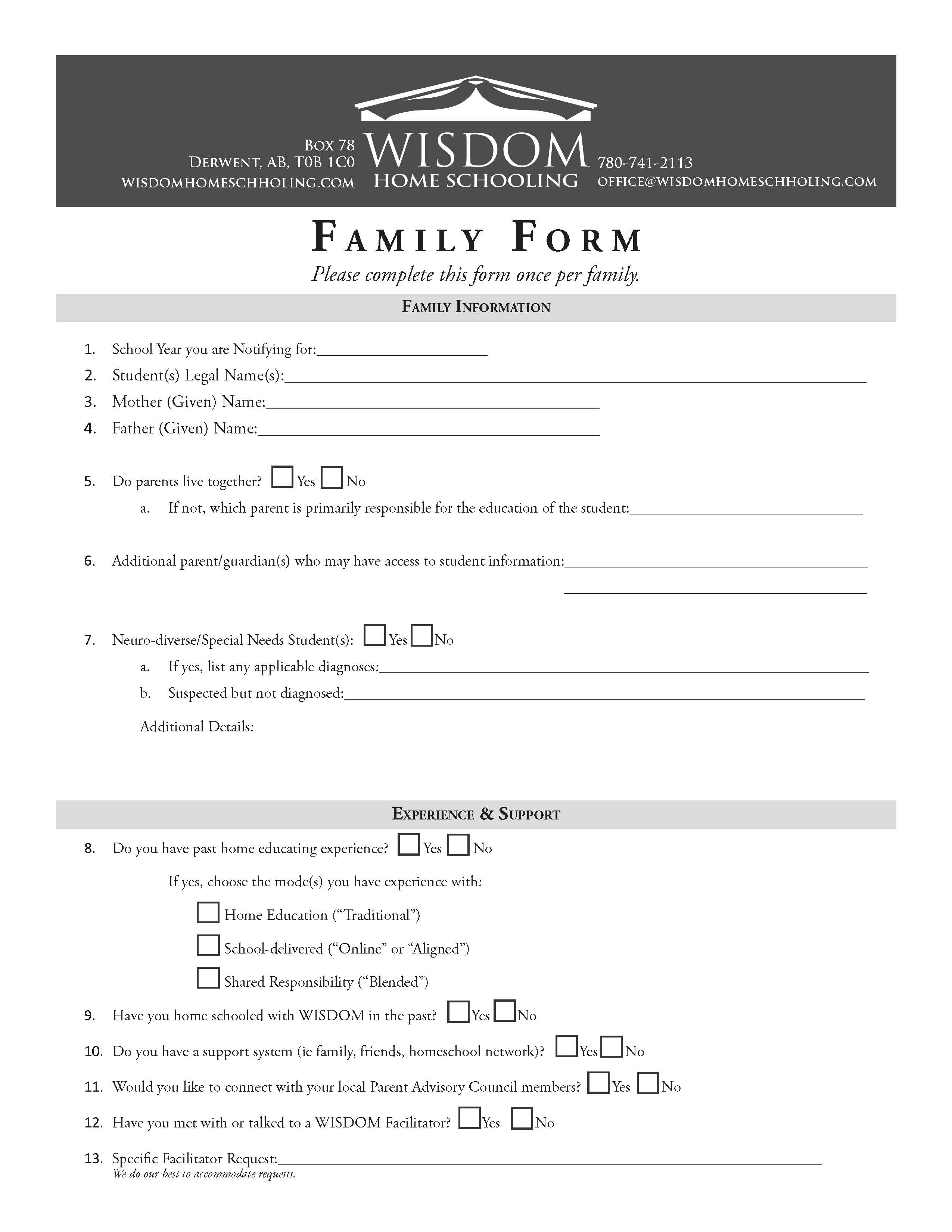Friday Evening
Dr Brian Ray on Let’s Flip the Question: Why Would You Ever Stop Homeschooling, Not Why Would You Homeschool?
Saturday Morning
Know Yourself and Know That Homeschooling Works: Charting a Course Part 1 - Dr Brian Ray
Saturday Afternoon
There is No One Best System But There Is Your Future: Charting a Course Part 2 - Dr Brian Ray
Panel/Round-Table Discussion with Home Schooled Grads, Parents, Experts & Dr. Ray
Conference Details Join The Wait List Presentations Exhibitors Resources Schedule
 April 4-5, 2025, Spruce Grove Alliance Church
April 4-5, 2025, Spruce Grove Alliance Church
Our conference is now full and we cannot accept walk-ins.
Our Friday evening session with Dr. Brian Ray still has walk-in registration available for those not able to attend the conference.
Join us to be inspired to home school through high school and launch into the world beyond!
Embark on a two-day journey connecting with fellow homeschoolers, gaining insights on navigating high school at home. Listen to inspiring statistics and stories of homeschool triumphs and challenges and engage with a variety of booths featuring the WISDOM high school team. Forge connections with post-secondary institutions and gap year programs actively seeking homeschoolers. This is your opportunity to Chart Your Course - where your journey, your decisions, and your success take center stage. Join us and make every moment count!
Sessions will focus on Charting a Course Through High School & Beyond so that your student will be well formed to be successful no matter the route you choose. We will hear from Dr. Brian Ray, leading international expert on homeschooling, as well as have the chance to visit education and career booths.
We will talk to students about how to capitalize on the advantages of homeschooling and knowing yourself and the options before you.
Come visit with the WISDOM team, ask questions, and meet other home schoolers! Friday afternoon includes options for a Socratic discussion or High School Goal Setting workshop and ice-breaker activities. Conference attendees, join us for a bonus session by Dr. Brian Ray on Friday evening alongside a Navigating Your Temperament session for your high school students.
Ready to take charge of your education and future? The High School & Beyond Conference is your chance to explore the freedom, flexibility, and opportunities that homeschooling through high school can offer.
Conference Highlights:
✈️ Keynote Speaker: Dr. Brian Ray, a leading international expert on homeschooling, will inspire and equip you with insights on education, self-direction, and a positive vision for the future.
✈️ Post-Secondary Opportunities: Meet colleges, universities, and institutions eager to connect with homeschoolers.
✈️ Career Inspiration: Explore pathways to diverse career options and talk to those in the field to learn more.
✈️ Life Skills Workshops: Learn essential skills like resume writing, money management, and job interview tips.
✈️ Round-Table Discussions: Get practical advice and encouragement from homeschool grads, parents, and experts.
Whether you’re just beginning to homeschool high school or looking for guidance as you approach the finish line, this conference will help you chart a confident path toward your goals. Students, parents, and families will leave inspired, equipped, and ready to soar.
Admission rates
Conference fee includes Friday 1-4 and Dr. Brian Ray session/Navigating Your Temperament session for teens 7-9:30pm, and full day Saturday.
$80 per individual
$280 per family
This conference is open to non-WISDOM home schoolers! Unsubsidized non-WISDOM rates are $90 per individual or $315 per family.
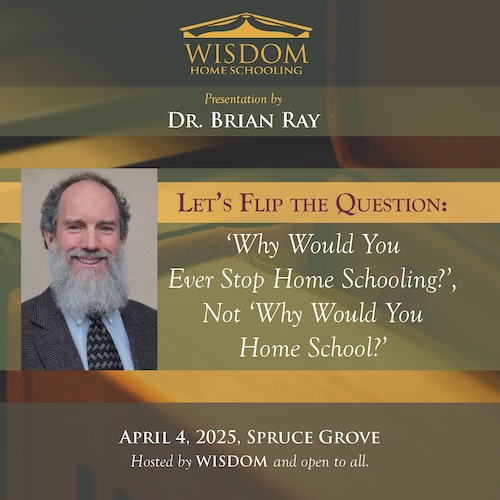 Our Friday evening session with Dr. Brian Ray is included in your registration for the High School & Beyond Conference, and also has standalone registration for anyone not attending the conference. Register here if you are interested in just attending An Evening with Dr. Brian Ray. We will be accepting walk-in registrations on Friday evening as well.
Our Friday evening session with Dr. Brian Ray is included in your registration for the High School & Beyond Conference, and also has standalone registration for anyone not attending the conference. Register here if you are interested in just attending An Evening with Dr. Brian Ray. We will be accepting walk-in registrations on Friday evening as well.

If you have further questions after reading through these, don’t hesitate to join an information session, call the WISDOM Office at 780-741-2113, or use the chat function below.
Q. What is Home Schooling?
Q. What is (Parent-Delivered) Home Schooling? (What are the different types of home schooling?)
Q. Why do families home school?
Q. Are parents qualified to teach their children?
Q. Is home schooling legal?
Q. How much time does it take?
Q. How can we teach several children at once?
Q. What about socialization?
Q. What about my child's special interests?
Q. Can Home Schoolers get a high school diploma and attend university or college?
Q. What materials are available?
Q. What methods should I use?
Q. What about children with special needs?
Q. How does WISDOM receive, divide - and use - educational funding grants?
Q. How do we get started home schooling?
Parent Portal Questions
The following questions will take you to a page just for questions about the Parent Portal.
Q. Are we obligated to create and use this portal for our family? I prefer to keep my personal info out of 'clouds' and other servers.
Q. How will I access student information?
Q. Does this give AB Education access to our Education Program Plans (EPPs)?
Q. Which option we pick for the declaration of outcomes?
Q. We will not be returning to WISDOM Home Schooling (The Gilbertine Academy S2338) for this coming school year. Do we still need an account?
A. With parenthood comes the responsibility of educating our children. We begin teaching from the very first day, helping our children to find security in us; and then throughout their early years teaching them to walk, speak, feed themselves, toilet train, along with the myriad of life skills a young child comes to know. Reading, writing, numbers, science, and social studies are no harder to teach, and up until the last century, the home was the environment where these skills were taught. Schools as we know them were established primarily out of charity toward the children of illiterate parents. The methods employed in teaching children at home differ substantially from those required in a classroom and generally tend to be more informal and open-ended. Rather than organizing their time around managing a classroom, home schoolers focus upon individual student strengths and weaknesses and organize each day around making the most of the learning opportunities at hand. Home schooling is not merely school at home; it is a way of life.
Q. What is (Parent-Delivered) Home Schooling? (What are the different types of home schooling?)
A. The term used by the Alberta Department of Education to describe traditional home schooling is “Home Education.” Parents who “home educate” retain full authority to plan and provide schooling to their children. Parents have the right to teach according to their faith, goals, and time-lines; free to follow their vision rather than the vision of someone outside of their home.
In a “Shared Responsibility" program, the parents teach part of the program, and a school teaches the remainder. On-line schooling is considered a school-delivered program, with the school taking responsibility for the content, scheduling, and grading of the student. Fully school-delivered programs generate full funding for the associate board, and the parents have little to no input into what is being taught.
WISDOM has seen the success that results from full parental control of home schooling and affirms the parents' right to teach their own children. Unfortunately, parents often lose confidence in their own abilities once they have deferred to a school to provide the at-home education to their children. Many students in school-delivered at-home programs find themselves back in school within a few years. This contributes to WISDOM's decision to support only Traditional home schooling; properly speaking: only “Home Education.” We will work with you to meet your goals and fulfill your regulatory responsibility. We will assist you with program choices and other important education decisions, but we maintain that you are the primary educator, and you call the shots for your children.
For more information about different types of learning at home, such as Shared Responsibility or School-Delivered/Aligned, please click here.
Q. Why do families home school?
A. Parents make the decision not to delegate the education of their children to others but rather commit the time and energy themselves. Families have a variety of reasons for home schooling. WISDOM's founders began because they wanted to integrate their children's overall character and moral development with their education, realizing that "if their prayer life and the study of faith was not in order, education became fruitless.” Many parents who begin to home school for purely academic reasons soon find themselves growing in other areas as well. Relational problems that are less visible to parents when their children are away all day become far more evident when the family lives in close proximity day in and day out. In a homeschooling setting, parents more effectively identify and deal with these formerly obscured issues. Although family life seems more demanding in the short term, home education leads to strong relationships and renewed capacity for learning. Approaches to academics vary, but most home schooling families tend to emphasize a good, wholesome life, growing in respect for one another.
- There is opportunity to centre the daily schedule around prayer/meditation and faith study, rather than these becoming relegated to "when there's time".
- Each student's curriculum can be custom designed.
- Parents may conscientiously choose social activities.
- Parents can build in time to think, plan, explore, question; all within a safe environment.
- Schooling can be scheduled around the parent's work, family responsibilities, etc.
- Schooling can be designed to fit the learning and teaching styles of the family, some structured, some flexible, all unique to some degree.
- Communication between family members is enhanced.
- Tutorial-style education helps each child achieve their full potential.
Q. Are parents qualified to teach their children?

A. An important difference between you and a classroom teacher is the love you have for your child and the fact that your educational commitment is not one academic year, but a lifetime. These two points give you a distinct advantage, though it sometimes takes a bit of adjustment before you can make the most of this advantage. Confidence grows with experience, but a cooperative school board can shorten the time it takes to gain your feet. Research has proven that the academic achievement of parents has no bearing upon the success achieved by their home schooled children. If you can read and write, you can teach your children as effectively as can the parent with a PhD in Education. Research demonstrates that a child's academic potential is governed by factors other than the educational level of his parents. A loving parent is the nurturing ingredient that will bring a child to full potential.
Dr. Brian Ray, president of the National Home Education Research Institute, has conducted numerous studies on the effectiveness of home schooling, demonstrating that the average home school student's academic achievement was very high. Dr. Ray says, "The tutorial method has always been the superior method for education of children. Home schooling epitomizes this method, providing the essentials for success--a close relationship between the student and teacher, motivation, flexibility, and individualization."
Several resources are available to give you the preparation and training you need:
- The Successful Homeschool Handbook, Home Grown Kids, and Better Late Than Early, by Raymond and Dorothy Moore
- The Three R's by Ruth Beechick
- How to Home School by Gayle Graham
- Educating the Whole-Hearted Child by Clay & Sally Clarkson
- Speak to at least one veteran home schooler (try the WISDOM Parent Advisory Council, if you don't know anyone who home schools).
- Home school conventions, workshops, and curriculum fairs provide practical instruction in teaching techniques unique to home instruction.
- Support groups can greatly encourage and help you through the exchange of ideas. (From the founder: "Personally, in the early years, I derived my greatest benefit by having other adults whose judgement I trusted, experience the progress my children were making. Their perspective was extremely valuable at times when I was too close to perceive how much my children had actually improved.")
A. Each province and state sets its own laws governing home education. In Alberta, if parents intend to home educate, they must notify their own resident school board, or an associate board or associate private school.
WISDOM Home Schooling is the home education department of The Gilbertine Academy, which is operated by The Gilbertine Institute, Calgary, and is operated by professionals who are personally experienced in home education. WISDOM complies with the regulations of the Education Act while helping to make home schooling easier for parents and more effective. Accountability serves to keep us organized. Look for an associate board or associate private school that has understanding and experienced staff, who can look at your family from a personal perspective.
A few home education administrations in Alberta make a point of hiring home educating facilitators and/or staff. WISDOM makes it our policy. All of our facilitators, and full time office staff, were either home educated themselves or are home educating parents.
Legislation is continually being reviewed in each province, making it important for you to work with home school organizations, especially the Alberta Home Education Association and others like it to aid the passage of favourable legislation. Constitutional rights to liberty and privacy and the free exercise of religion under the Canadian Charter of Rights and Freedoms guarantee parental rights to educate their children according to their convictions. However, school boards have ruled inconsistently in applying these rights to home education. WISDOM helps families comply with the law without compromising integrity as parents and educators. It is important to obtain a copy of the Alberta Home Education Regulation. Many problems can be avoided by being accurately informed and by using tact and respect in dealing with authorities, or other people who don't understand home education. Consider joining the Home School Legal Defence Association of Canada. They are an excellent ally in the effort to maintain parental rights.
Q. How much time does it take?
A. Although teaching your own children does require a time commitment, it isn't as demanding as you might expect. You can achieve a great deal more in far less time than required in an institutional setting. The time required will depend upon the approach you take and the resources you use, but you will likely begin with a half to one hour, per day, for the early grades, three hours by junior high, and older children, mostly working independently, will spend up to six hours through high school. Mature students usually study music, perhaps work part-time, often read more than average and spend time preparing for post-secondary work or study. Be aware that, if you are taking more time than seems necessary, you may have imported "school" into your home. Due to the number of students in a classroom, schools attempt to teach by the use of packaged tasks or "curriculum." Fortunately, children learn more and faster if they are allowed to function in the practical world rather than just studying about it in a textbook. Parents will find that capitalizing on informal teachable moments throughout the day will allow them to avoid lenthy formal study times, especially for younger child. Above all, a balance of practical activity and good reading material forms the heart of an effective education.
Q. How can we teach several children at once?
A. Many subjects can be taught to various levels at once, demanding more complex thinking, more lucid expression, and more effective writing of the older children and less of their younger siblings. Older and younger children can gain much by learning together for the good of all (consider the excellent education received by students in one-room schoolhouses, where the more mature thought processes of older students then benefit younger students who are listening). Children who are close in age can do much of their work together. Many families find it helpful create opportunities for independent learning (reading, research, videos, crafts, worksheets, etc) for their children, and then spending focussed time with direct instruction of one child at a time.
A. Once you have home schooled a year or two you will look back at this question and say, "what was all the fuss about socialization?" Because most children in western culture spend most of their time among same-age peers, we have come to assume that this is normal. Have you ever wondered why the Creator put children in families where nobody (unless you are a multiple) is your age? The best environment within which to grow socially is a multi-age group. There is significant benefit to maturing in an environment where you must interact daily with those older and younger than you; responsible for the good of each other and learning from others at the same time (this includes the parents). Healthy relationships are best taught, demonstrated, and reinforced at home and in service to others as family outreach. As you get to know other home schoolers you will be impressed at the responsibility these children bring to their relationships. Their well-mannered confidence is a tribute to the environment their parents create. One of the greatest dangers to our children is peer dependency. It is only after years of careful formation that our children can be a testimony to others without being negatively influenced by them. The home is the environment for this careful formation. A recent US study has verified that the self-concept of home schooled children is significantly more positive than average. These young people know who they are.
Q. What about my child's special interests?
A. A wealth of experiences outside the home can supplement and enrich home education. Field trips organized by your family or in cooperation with one or more other families offer excellent opportunities to share fellowship and learning. The classroom of the world around you is the one that can teach you the most. Books are an excellent means of learning about those things the student can't access personally but, where possible, home schooling parents can immerse their children in the practical aspects of life, from pond life, to museums, to doing laundry and dishes. The internet provides a plethora of learning opportunities and resources. Other interests such as musical training and amateur sports tend to fit well in a home education schedule.
Q. Can Home Schoolers get a high school diploma and attend university or college?

A. In the USA, more than 200 institutions welcome home-educated students, not based upon official academic records, but rather upon individual merit. They are assisted by the track record established by previous home schooled students, who tend to be mature and capable of thinking for themselves, proving to be independent workers who set their own goals and schedules. Many prestigious universities (including Yale) encourage home schoolers to apply and offer admission based upon an entrance exam.
In Alberta, home schooled students may earn high school credits and graduate with an Alberta Diploma. Conversely, they can set their own criteria for graduation and finish with a WISDOM Parent Authorized Diploma. There are different entrance requirements for various post-secondary institutions, but all are attainable through home schooling. All universities and colleges (even the ones who have no policy for home schoolers) have a "special admissions" option that looks at the individual merit of an applicant and can admit anyone who can demonstrate ability. For some situations the SAT can be used for college or university entrance. Read: Homeschooling for Excellence by David and Micki Colfax. The parents did not attempt to follow a typical school curriculum, and their 3 oldest sons entered Harvard. The children enjoyed a blend of wilderness subsistence farming and good books. Also be sure to ask the WISDOM Office for a copy of our High School Information Book.
Q. What materials are available?
A. Many common textbooks are available from curriculum publishers and from other sources, offering depth and a logical order of topics. Work texts combine textbook information with exercises in consumable write-in books. Unit Studies allow a parent to integrate the teaching of values, skills, Science, and Social Studies... by following specific themes. Using a Classical Approach, children progress from memory and skills to advanced reasoning and expressive use of language. When applying the Principle Approach teachers and students keep notebooks containing Bible perspectives and principles, personal applications, and other specific information on the subject. Whatever the approach, don't forget the extreme value of good reading material & real life experiences. Once a student has learned the basics of language and numbers, abundant learning comes through reading good literature and engaging in good discussions. Remember to use those normal everyday activities like laundry, chores, music, and dishes to teach skills and character development; and great books combined with probing discussion to teach thinking.
A. Your first year will require a calculated guess. Many parents choose to simply use what their home schooling friends are using. You may not be in a position to make curriculum choices until you have actually worked with each child to discover learning style, strengths, and weaknesses, interests, and abilities. You will also discover your own teaching style, the demands upon your time, priorities, etc. Whenever possible, you will take time in your first year to talk to other home schoolers and look at resources. By the time you begin your second year, you will be more confident to make many of your schooling decisions. Don't forget to keep researching different methods of education.
Q. What about neuro-diverse children with special learning needs?
A. Neuro-diverse (ADHD, dyslexic, Asperger or Autism-spectrum, anxiety, Tourette's syndrome, and gifted) children are particularly well-served by home schooling by working at their own pace with material that is suited to their individual needs. Learning is best served in an environment where the student has a strong relationship with the teacher, and nowhere can this be achieved as effectively as within the context of the family. Consistency and discipline are the key strengths in special needs home education. Dr. Brian Ray, president of the National Home Education Research Institute, affirms, "Research comparing home educated to public school learning disabled students found higher rates of academic engaged time, and greater academic gains were made by the home educated. ... parents, even without special education training, provided powerful instructional environments at home...." WISDOM offers parent training for teaching neuro-diverse students. (See more here.)
Q. How does WISDOM receive, divide - and use - educational funding grants?

A. For each student whose parent has given notification by September 30, we (Gilbertine Institute) receive a total grant of $1700. The parent may fund learning resources by claiming up to 50% of the total of the funds ($850), per student, per year. Alberta Education allocates the funding to the school authority at a rate of 10% per month from September through June. We make half available to parents in Fall and half in Spring. The student support portion of the funding covers facilitator and staff salaries and operational costs, as well as subsidizes additional services and supports that WISDOM provides to families.
Some families choose to not access funding, and some families choose to allocate their unclaimed funds to The Gilbertine Institute for use in the WISDOM department for family support. These families help us provide for unfunded 'rescue' families who join us throughout the school year, as well as contribute toward extra help for special needs consultation, tutoring, and family counselling.
Q. How do we get started home schooling?

A. Pray (or discern in your own way), and, if you have a spouse, agree together as team on your decision to home school. Then, set long term goals for your children, writing down what you ultimately want for them. Once you have done this you will have accomplished the most important foundational task for your home school. From there, you can work backward from these goals to decide how to structure your time and tasks right now. Above all, start simply, and avoid trying to create a typical school in your home. This isn't "school at home". This is working toward providing the best possible education for your child.
DEADLINE: Alberta Education requires we submit all student notification on the last business day of September for funding eligibility. If possible, please enroll 5 or more business days prior to the deadline for our data team to review your notification.

Notification for 2024-2025 is now CLOSED.
Are you NEW to WISDOM for September 2025? Click here.
Are you returning to WISDOM for 2025-2026? Click here.
DEADLINE: Alberta Education requires we submit all student notification on the last business day of September for funding eligibility. If possible, please enroll 5 or more business days prior to the deadline for our data team to review your notification.

Are you returning for 2025-2026? Use your Parent Login. Log in to your existing account. If you need assistance, please contact our Data Team: data@wisdomhomeschooling.com or call 780-741-2113 ext 4.
Once you are logged in, choose or create the "2025-2026 Application" for each returning student and go through all sections to complete the form. By completing your application(s) in the portal, you are prefilling the Notification Form which is generated when you click to sign.
You will complete one application at a time. Once you have completed and submitted your returning student form(s), you may add any new students. For NEW students: upload an image of your child’s Canadian Birth Certificate or other proof of Canadian Citizenship (a cell phone picture is fine).
Please send your Education Program Plan (Part D) to your facilitator directly. (Please note, the deadline for us to transmit finalized student data to AB Education is September 29, so all elements of notification must be completed before that date.)
If you prefer to submit notification via email, fax or mail, you may find that information here.
Conference Details Join The Wait List Presentations Exhibitors Resources Schedule
Jump to: Clearwater College Concordia University Edmonton GFA World HSLDA Kings Kurios Mount Carmel Bible College NET Canada Newman Theological College Northern Lakes College Northwestern Polytechnic Olds College Prairie College PRBI Portage College St. Mary's University Trinity Western University University of Calgary Vanguard College
Clearwater College
Concordia University Edmonton
GFA World
Home School Legal Defence Association
-
Get the protection, assurance, and peace of mind in your homeschooling journey with an HSLDA Canada membership. See their website for more about the benefits of membership.
The King's University
Kurios - A Christian Gap Year Experience
Mount Carmel Bible College
NET Canada
Newman Theological College
Northern Lakes College
Northwestern Polytechnic
Olds College
Portage College
Prairie College
Peace River Bible Institute
St. Mary's University
Trinity Western University
University of Calgary
Vanguard College
DEADLINE: Alberta Education requires we submit all student notification on the last business day of September for funding eligibility. If possible, please enroll 5 or more business days prior to the deadline for our data team to review your notification.
Are you a current WISDOM family, returning for 2025-2026? Click here.

Are you new to WISDOM? To join us as a new family in 2025-2026, begin by creating an account in The Gilbertine Academy's secure Parent Portal. Then, simply follow the step-by-step instructions for generating a Notification Form for each child.
You will need to upload an image of your child’s Canadian Birth Certificate or other proof of Canadian Citizenship (a cell phone picture is fine). You will not be able to continue the application until a copy of your child’s identification is uploaded.
You may include an Education Program Plan (Part D) now, or send it separately to office@wisdomhomeschooling.com. (Please note, the deadline for us to transmit finalized student data to AB Education is September 29, so complete all elements of notification, including an Education Program Plan or draft, before that date.)
If you encounter any difficulty, you may use the 'Chat with an agent' button in the bottom right of the portal. We are there to assist you during business hours, and will reply the following business day if your message is sent after hours.
If you prefer to submit notification via email, fax or mail, you may find that information here.

Parent Portal Applications are Closed for 2024-2025 notification.
This is the legacy notification system for submitting your notification via email, fax, or mail.
Welcome to the Notification page! Scroll to the bottom for a helpful how-to video, or read on.
To join us for the remaining school year, please complete one Family Form, and a Notification Form for each child. We also require a copy of your child’s Canadian Birth Certificate (or proof of Canadian Citizenship), an Education Program Plan (Part D) and a brief letter explaining your need to home educate at this time.
The forms are fairly straightforward, though one common question on the Notification Form is regarding the Declaration by Parent (Part B), and the two checkboxes below. If you check the first box, you indicate that you will be using Alberta Curriculum at home, fulfilling all of the same outcomes as you would in school. The second option (most used by home educators) means that you will be creating your own plan for your child, using curricula that suit your goals and your child's learning style, so long as your child works toward achieving the “Schedule of Learning Outcomes for Students Receiving Home Education Programs That Do Not Follow the Alberta Programs of Study”. You may view that Schedule here. Please sign the form (both parents if possible), date it, and fax, mail, or scan and email it to us.
We are here to help you! Give us a call and one of our Home School Consultants will assist you with this process, answer any questions you may have and help you get all your paperwork submitted.
This is the legacy notification system for submitting notification via email, fax, or mail. Click here to use the highly secure, streamlined online system.
Welcome to the Notification page! Scroll to the bottom for a helpful how-to video, or read on.
To join us, please complete a Notification Form for each child and one Family Form for your family information. We also require a copy of your child’s Canadian Birth Certificate (or proof of Canadian Citizenship). You may include an Education Program Plan (Part D) now, or send it to us separately. (Please note, the deadline for us to submit student data to AB Education is September 29. Please send your paperwork before then.)
The forms are fairly straightforward, though one common question on the Notification Form is regarding the Declaration by Parent (Part B), and the two checkboxes below. If you check the first box, you indicate that you will be using Alberta Curriculum at home, fulfilling all of the same outcomes as you would in school. The second option (most used by home educators) means that you will be creating your own plan for your child, using curricula that suit your goals and your child's learning style so long as your child works toward achieving the “Schedule of Learning Outcomes for Students Receiving Home Education Programs That Do Not Follow the Alberta Programs of Study”. You may view the Schedule of Learning Outcomes here. Please sign the form (both parents if possible), date it, and fax, mail, or scan and email it to us.
If you wish to receive Student Photo ID cards, useful for gaining discounts, free entry into some museums, etc), you may download and print from your Parent Portal Account. Instructions can be found here.
Once we have received your notification, we will contact you to let you know they have arrived. A facilitator will be matched to your family, and will make contact. If you would like immediate contact with a facilitator, please let us know. We look forward to serving you.
Home Education Notification Form:
Family Form:
You may attach your completed paperwork below to send to WISDOM as an encrypted file. You may email, fax or mail the family form, notification form and program plan, but we recommend that you send identification documents (passport/birth certificate) using the form below. Files will be encrypted and sent over a secure network.
If you do not wish to use the encrypted sender below, you may email the notification form to office@wisdomhomeschooling.com, or mail it to us at: WISDOM Home Schooling Box 78 Derwent, AB T0B 1C0.
Document submission
NOTE: We will respond to your submission within two business days. If you do not hear from us, please send your files again, because they have not come through.



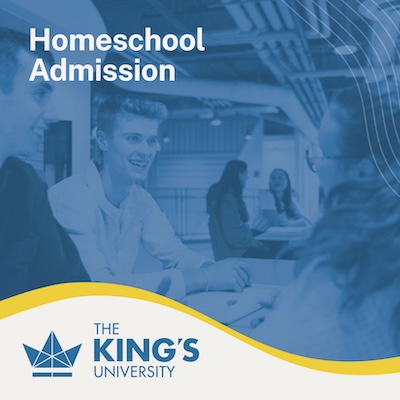
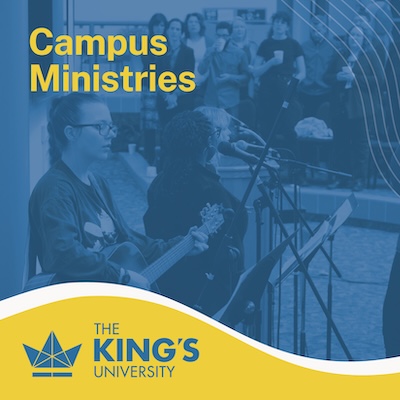
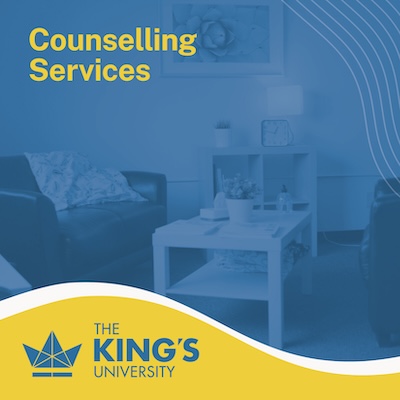
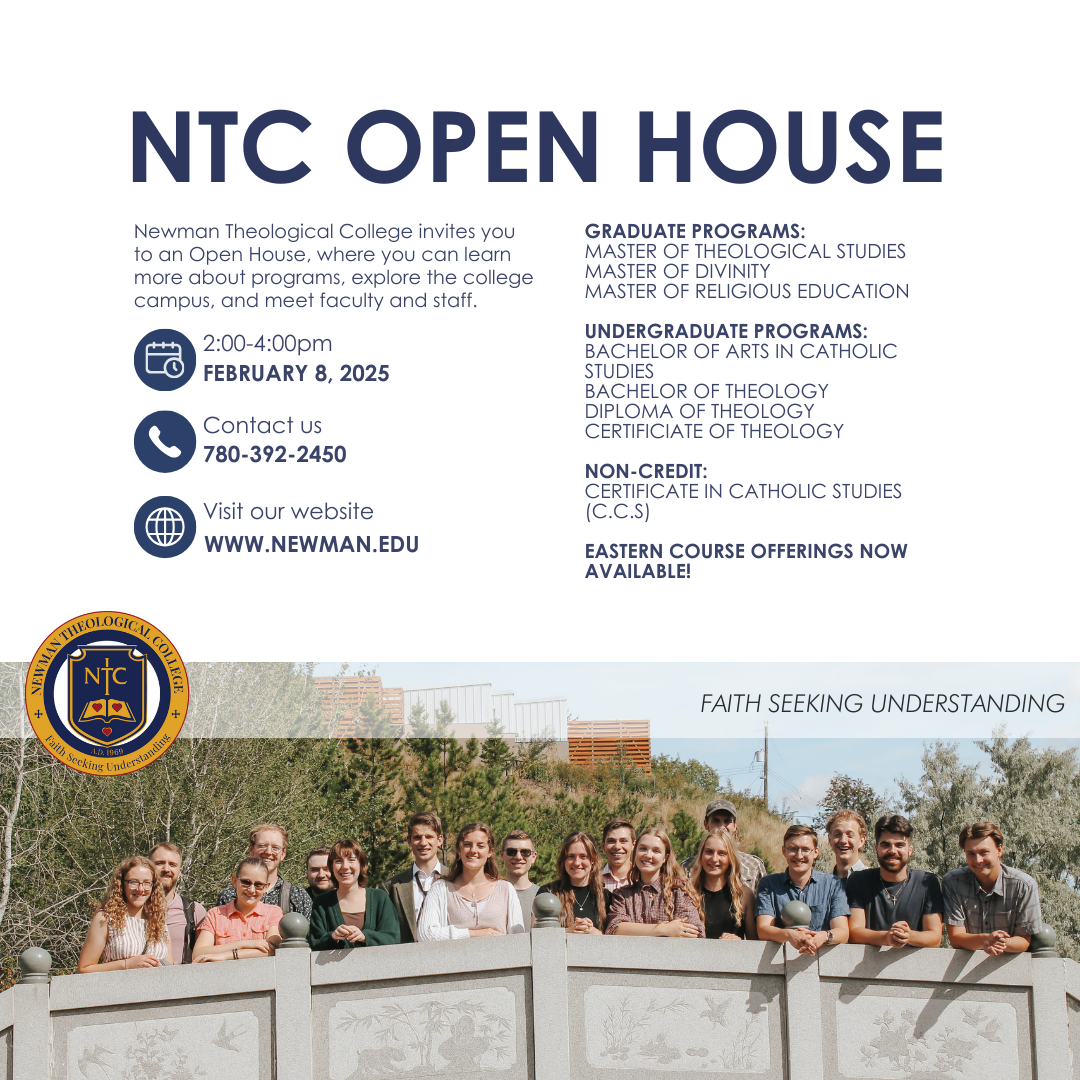

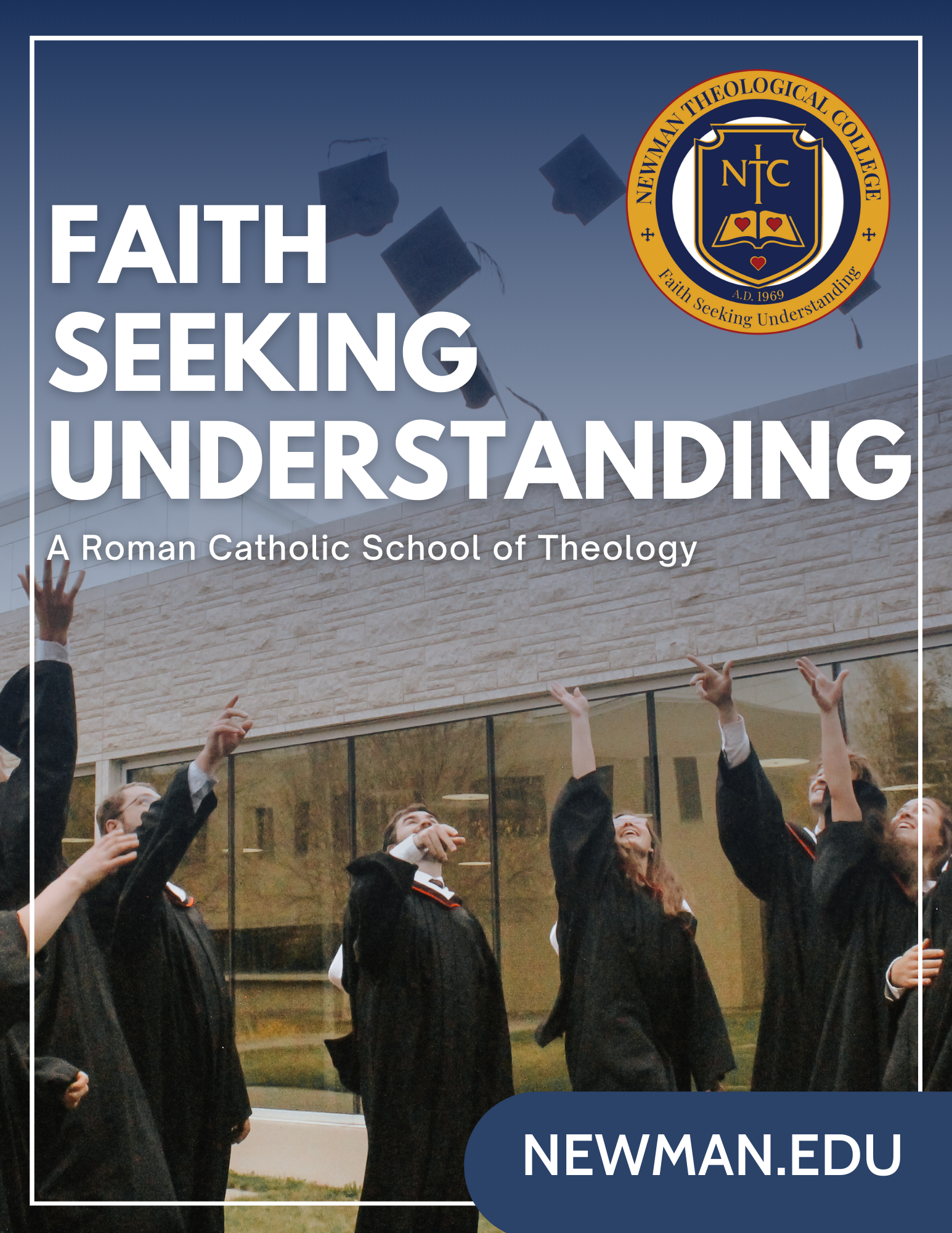

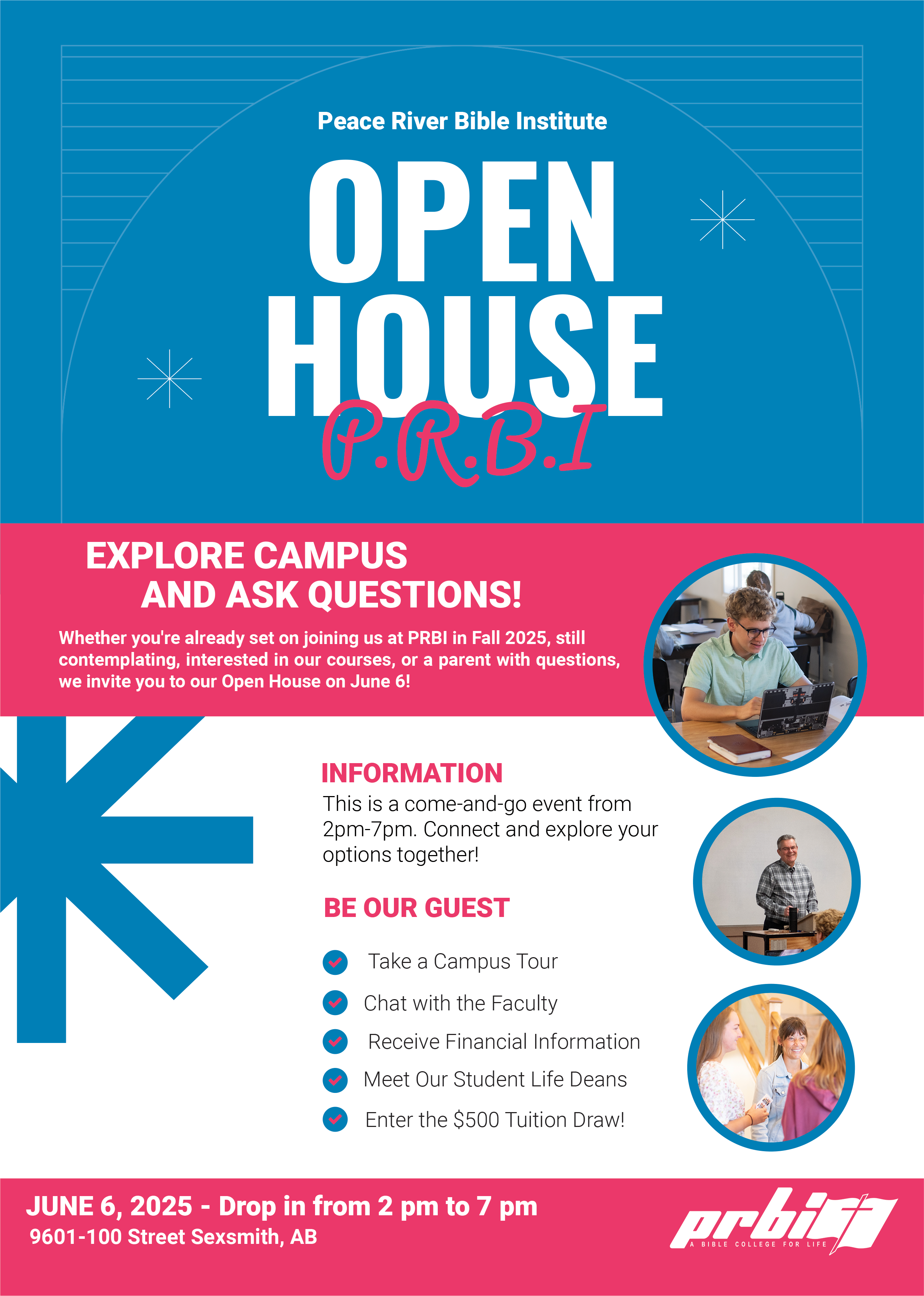

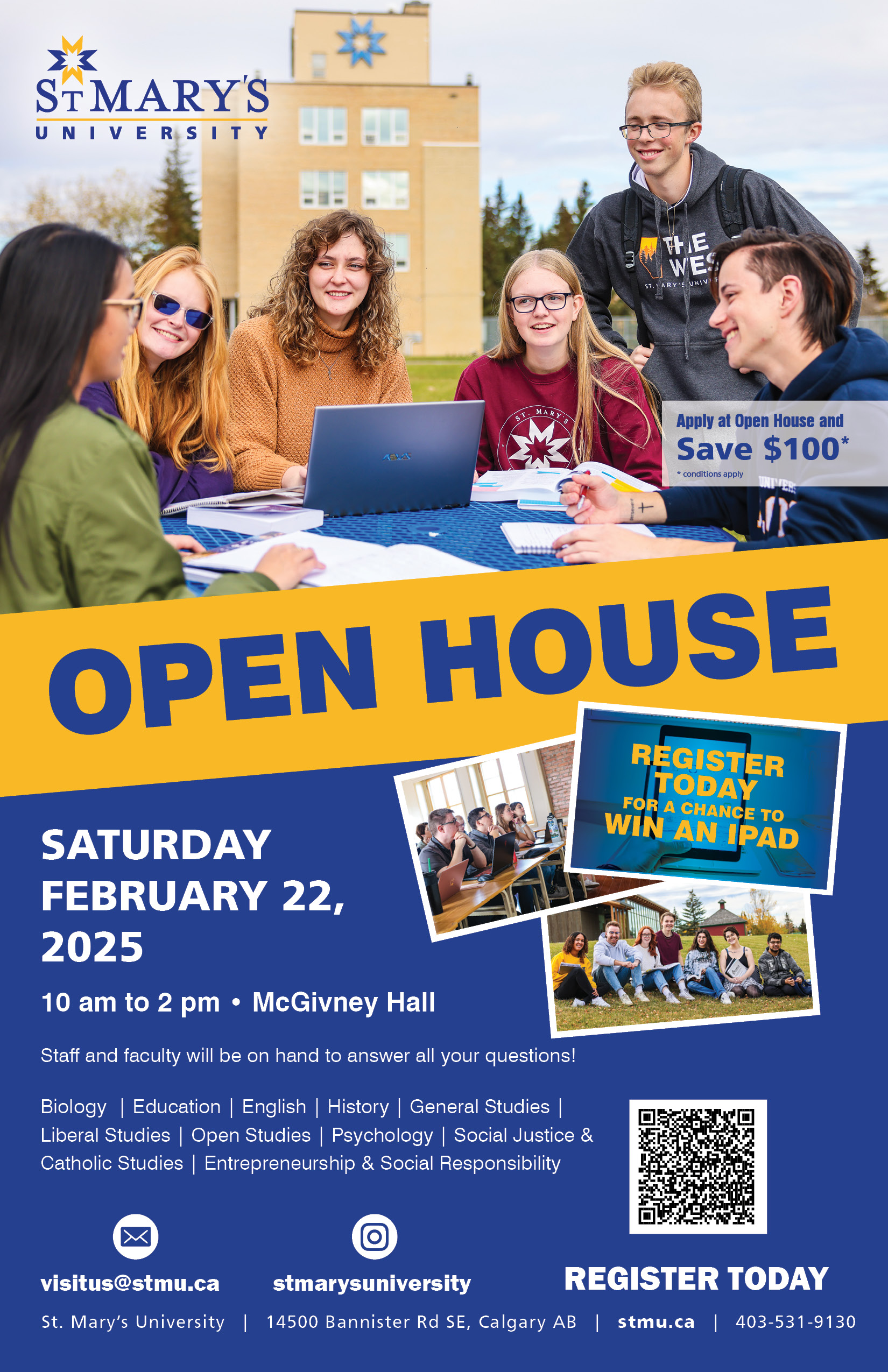
.jpg)

